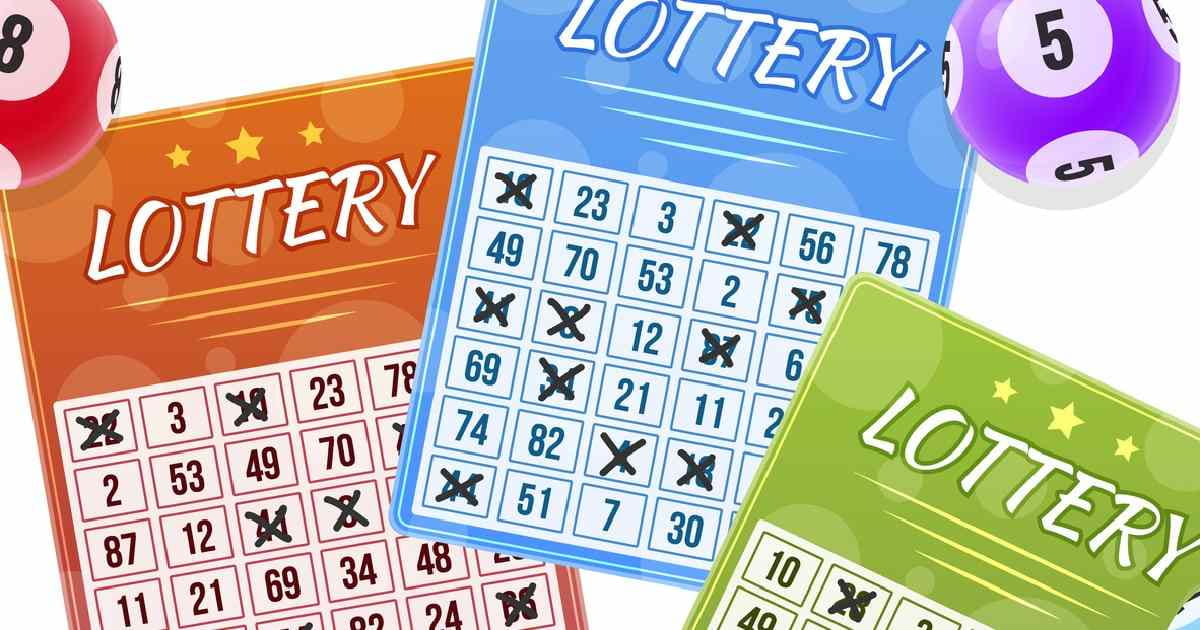Lottery games have always held a peculiar allure for people around the globe. Whether it’s the prospect of instant wealth or the thrill of defying astronomical odds, lottery games have woven themselves into the fabric of societies worldwide. But beyond the simple act of purchasing a ticket and waiting for the draw, there’s a rich tapestry of psychology, mathematics, and human behavior that underpins the world of messipoker games.
The Psychology of the Draw
At its core, the appeal of lottery games lies in the promise of a life-altering windfall. Humans are wired to seek out opportunities for reward, and the chance to turn a small investment into millions taps into this fundamental drive. Psychologically, the allure of the lottery is akin to a form of escapism, offering a temporary reprieve from the monotony of everyday life and the tantalizing possibility of a brighter future.
Moreover, the anticipation leading up to the draw fuels a sense of excitement and anticipation. The “what if” scenarios play out in the minds of participants, creating a brief but potent surge of dopamine, the neurotransmitter associated with pleasure and reward. Even for those who ultimately don’t win, the act of participating in the lottery can provide a fleeting sense of hope and optimism.
The Mathematics of Chance
Lottery games may seem like pure luck, but beneath the surface lies a complex framework of probability and statistics. Each ticket sold represents a minuscule fraction of the total number of possible combinations, making the odds of winning seem insurmountable. Yet, despite the astronomical probabilities stacked against them, millions of people continue to play week after week, driven by the belief that they could be the one to defy the odds.
Statisticians and mathematicians have long analyzed lottery games, seeking patterns or strategies that could tip the scales in favor of the player. While there have been instances of individuals exploiting flaws in certain lottery systems, such as the infamous case of the MIT students who cracked the Massachusetts Cash WinFall game in 2005, these instances are rare and often short-lived.
The Impact on Society
Lottery games are not without their controversies. Critics argue that they disproportionately target low-income individuals, who may be more susceptible to the allure of quick riches despite the slim odds of winning. Additionally, some studies have suggested that the presence of a state-sponsored lottery can lead to a decrease in charitable giving, as people divert funds that would have otherwise gone to worthy causes towards purchasing tickets.
However, lottery games also play a significant role in funding essential public services. In many jurisdictions, a portion of lottery proceeds goes towards education, infrastructure, and other social programs. This symbiotic relationship between gambling and public welfare highlights the complex interplay between personal choice, societal benefit, and ethical considerations.
Looking Beyond the Numbers
While the outcome of any individual lottery draw may be determined by chance, the enduring popularity of these games speaks to something deeper within the human psyche. Whether it’s the hope for a better tomorrow, the thrill of the unknown, or simply the desire to be part of a shared cultural phenomenon, lottery games continue to captivate and mystify people around the world.
